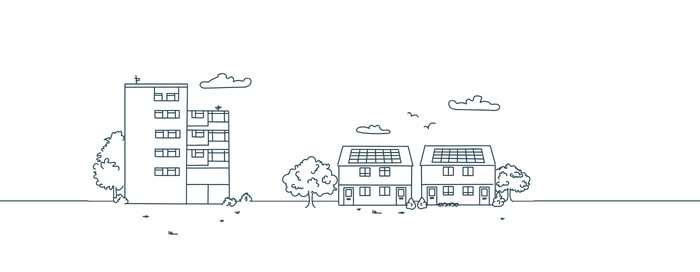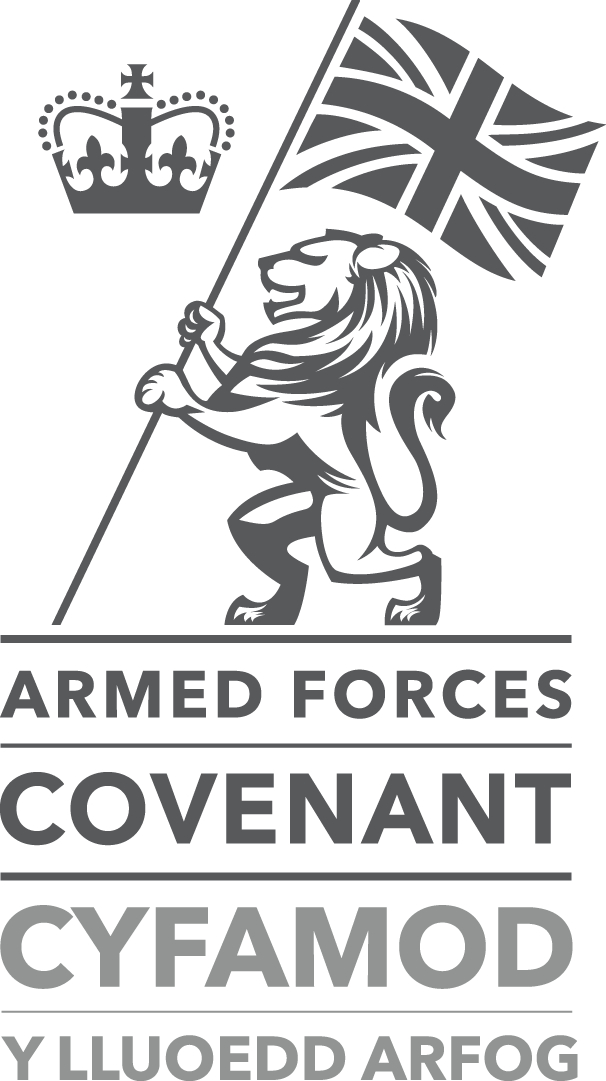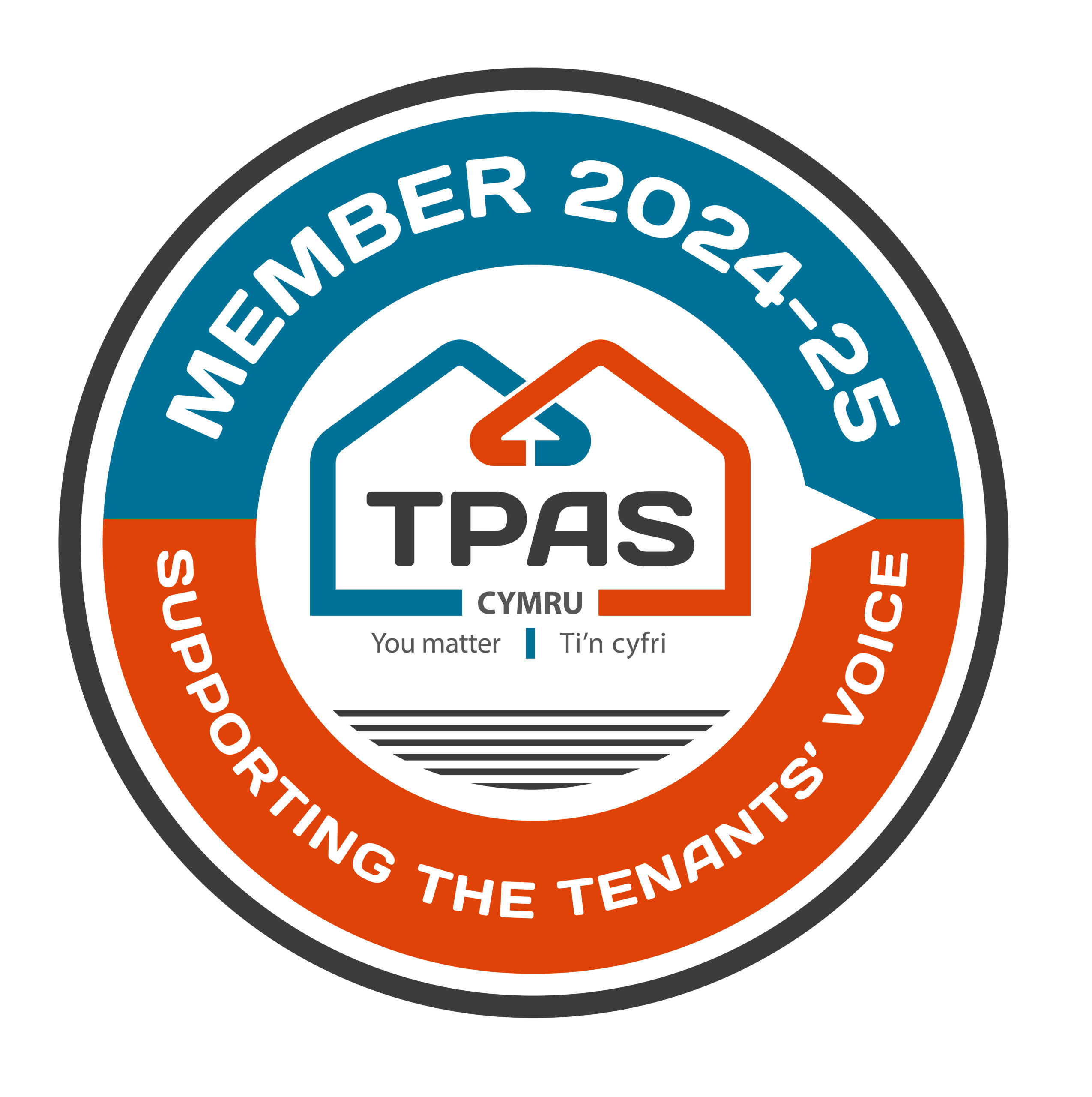Report your concern
If you are worried, please tell us what you are worried about. It is important for someone who can help you to hear your concerns.
To report to United Welsh, you can:
- Complete our Safeguarding Form here
- Tell your housing staff, such as your Neighbourhood Officer, Housing Co-ordinator or another staff member you regularly speak with
- Email tellmemore@unitedwelsh.com
- Call us on 0330 159 6080 and press 3.
What is safeguarding?
Safeguarding is about looking out for people, to keep them safe from harm.
There are lots of different ways that a person can experience abuse, neglect or exploitation. Safeguarding is a term to describe how people can be protected from abuse or neglect.
• Everyone has the right to be treated with dignity and respect
• Abuse is always wrong and can happen anywhere and at any time
• It can be caused by anyone – a partner, friend, neighbour, a carer, someone in a position of trust, or a stranger.
At United Welsh, safeguarding is something we ask all our staff to do, to help keep adults and children safe from neglect and abuse.
Forms of abuse for adults and children include:
• Physical abuse – hitting, biting and aggressive physical contact. You might notice unexplained injuries
• Domestic abuse – psychological abuse, physical, sexual, financial or emotional abuse from any member of the household
• Financial abuse – taking money without permission, or forcing people to give their money away; fraud; scamming; not allowing someone to manage their money themselves
• Sexual abuse – any sexual activity, including touching without consent, or when consent has been taken away or is unable to be given
• Psychological or emotional – this comes in many forms. Some examples include stopping someone from speaking with family and friends, stopping someone from using services such as going shopping or going to work or school, or stopping someone from having choices or opinions. It can also be seen through harassment, threats, humiliation, bullying, swearing or verbal abuse, patronising people, threatening harm or cyber bullying
• Discrimination – treating someone unfairly because of their age, disability, gender reassignment, marriage or civil partnership, pregnancy, maternity, race, religion and belief, sex or sexual orientation
• Modern day slavery – this is when people are forced to work in a way they don’t want to, such as moving someone to an area and forcing them to work for work for no money, or little money. Their movements and activities will be controlled
• Self-neglect – this can be seen through behaviours such as hoarding, not washing, not taking medication, or not eating well, or at all.
• Organisational abuse or institutional abuse – this is when people’s needs are not met by an organisation or institution, such as not providing food, water or assistance with eating; a lack of respect for privacy and dignity; not taking care of a person’s cultural, religious or ethnic needs; or not listening to complaints
It depends on the type of abuse that a person may be experiencing, but some signs include:
• Unexplained injuries, such as bruising
• Not regularly going to school, work or college
• Someone isolating themselves from others
• Poor hygiene, or a change in appearance / behaviour
• No gas or electricity at home
• Damage to their home with no reasonable explanation, or an increase in damage to their home
• Someone staying at the home who shouldn’t be there
• Unusual behaviour with money, such as spending more than their budget, or spending more without a reason.
• We will always treat your concerns seriously
• We will support you to protect yourself or the other people involved
• We won’t disclose your identity if you wish to remain anonymous, unless doing so puts you, or others at risk. If this is the case, we will always talk to you about it first
• We will provide you with support and advice to recover from any abuse or neglect you may have experienced, linking you with specialist support if you need it.
There may be information that we need to share with others, such as the police, but it depends on what is reported. We take care to make sure that information is only shared with people in the process who need to know, to keep you or others safe.
We will always talk with you first, and we won’t disclose your identity if you wish to remain anonymous, unless we absolutely must.
If we must, it is because you or other people may be at risk if information is not shared with other organisations.
• The police
• The safeguarding team at your local council
• Health and social care professionals, such as a social worker, nurse, doctor or support worker.
Here is a list of organisations who can support people who are experiencing or witnessing abuse or neglect.
- NSPCC
Charity that supports children experiencing abuse in the UK.
NSPCC | The UK children’s charity | NSPCC
- All Wales Safeguarding Procedure
Service that provides information on safeguarding procedures in Wales.
- Childline
Helpline for children and young people experiencing abuse.
- Mind
Provides mental health support for those who are experiencing/have experienced abuse.
- Samaritans
Service that supports people experiencing mental health crises.
Samaritans | Every life lost to suicide is a tragedy | Here to listen
- Hourglass
Provides support for older people who are experiencing abuse.
Welcome to Hourglass Cymru | Hourglass
- Age Cymru
National charity for older people in Wales
Age Cymru | We are the national charity for older people in Wales
- Respect
Service that supports women experiencing domestic abuse.
- Live Fear Free
Helpline that supports women experiencing domestic abuse.
Live Fear Free helpline | GOV.WALES
- BAWSO
Support for Black, Minority Ethnic and immigrant victims of abuse.
Bawso | Supporting ethnic minorities affected by violence and exploitation
- Home Start
Service that supports families who are struggling financially.
- Helpu
Service that provides mental health support for men.
helpu.org.uk – The Mental Health Hub for Men in Wales
- Safer Wales
Service that supports men experiencing domestic abuse.
Support for male victims of domestic violence in Wales — Cymru Ddiogelach – Safer Wales
- Mankind
Service that supports men experiencing domestic abuse.
ManKind Initiative – Supporting Male Victims of Domestic Abuse
- The Dyn Project
A safety planning and advocacy service for gay, bisexual, transgender and heterosexual men who experience domestic abuse in the Cardiff area.







